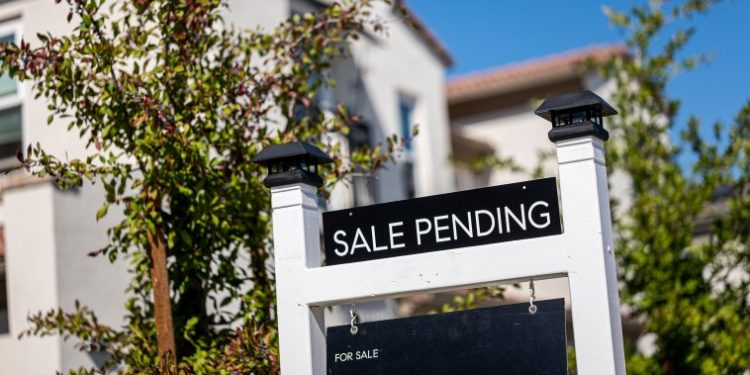The news this week that the government has less than a month before it could start defaulting on its payments has accelerated deliberations about how to avoid hitting the debt ceiling — the statutory limit on how much the U.S. government can borrow.
President Joe Biden will get together with congressional leaders on Tuesday to try to hammer out a solution as he considers other, more arcane avoidance measures.
But there is no sign of an imminent resolution.
“The president and the speaker need to reach an agreement to get us past this impasse. That’s my message going down to the White House meeting,” Senate Minority Leader Mitch McConnell, R-Ky., told reporters Tuesday. “It’ll be my message in the White House meeting.”
So, what would happen to average Americans if the government defaults on its financial obligations?
The consequences are already playing out
Following Treasury Secretary Janet Yellen’s announcement Monday about running out of time to pay bills, borrowing costs for the U.S. government soared to more than 5% for June.
This was predictable. In fact, the U.S. did default once, by accident. In 1979, a series of events including the failure of word-processing equipment caused a temporary delay in payments to investors redeeming U.S. Treasury bills, Reuters has reported.
Afterward, the cost of borrowing money for the U.S. increased by 0.6%, the wire service said, adding that an academic paper published a decade later argued that the ratcheting up of borrowing costs for the U.S was permanent.
If the U.S. were to default again, the result would be the same, said Howard Gleckman, senior fellow in the Urban-Brookings Tax Policy Center at the Urban Institute, a nonprofit research group.
As many consumers have learned since the Federal Reserve began its campaign last year to make borrowing more expensive in a bid to slow inflation, higher interest rates affect everything from credit cards to auto loans to mortgages.
‘The primary effect would be interest rates going up significantly,’ Gleckman said. ‘And they’re already going up quickly and steeply. What this would do is accelerate movement toward higher interest rates.’
Meanwhile, businesses would have more trouble getting loans — and, as a result, hiring more workers, Gleckman noted.
Many commercial interest rates have already gone up in the wake of the collapses of Silicon Valley Bank and First Republic Bank.
‘The timing is terrible’
Besides higher borrowing costs for the government, consumers and businesses alike, federal payments might come to a standstill as the Biden administration is forced to confront how to prioritize payments coming due with the funds it still has available.
In other words, it would have to consider whether to pay bondholders before releasing Social Security and Medicare funds.
Gleckman said such direct effects from a default are almost impossible to know, because there is no playbook for handling them.
‘We don’t know how [the] Biden admin would treat a default,’ he said. ‘Which bills would they pay?’
Yellen has already warned that there is no easy way to reprogram the government’s payment systems to favor one set of recipients over another.
“Treasury systems have all been built to pay all of our bills when they’re due and on time, and not to prioritize one form of spending over another,” she said this year, Bloomberg reported.
Wells Fargo economists said in a note to clients last week that even if a payment prioritization plan were implemented, such a plan ‘would be entirely experimental and would still come with a litany of legal, technical, economic and political challenges.’
‘The economic impact of a default is highly uncertain since that has never happened previously, but economic modeling suggests the fallout could be quite severe,’ they wrote.
Economic analysts remain pessimistic about the chances of coming to a resolution soon.
In a note to clients Wednesday, Capital Economics research group Deputy Chief U.S. Economist Andrew Hunter said, ‘It may take more serious signs of stress — potentially involving significant volatility in the stock market — to finally push lawmakers into action.’






